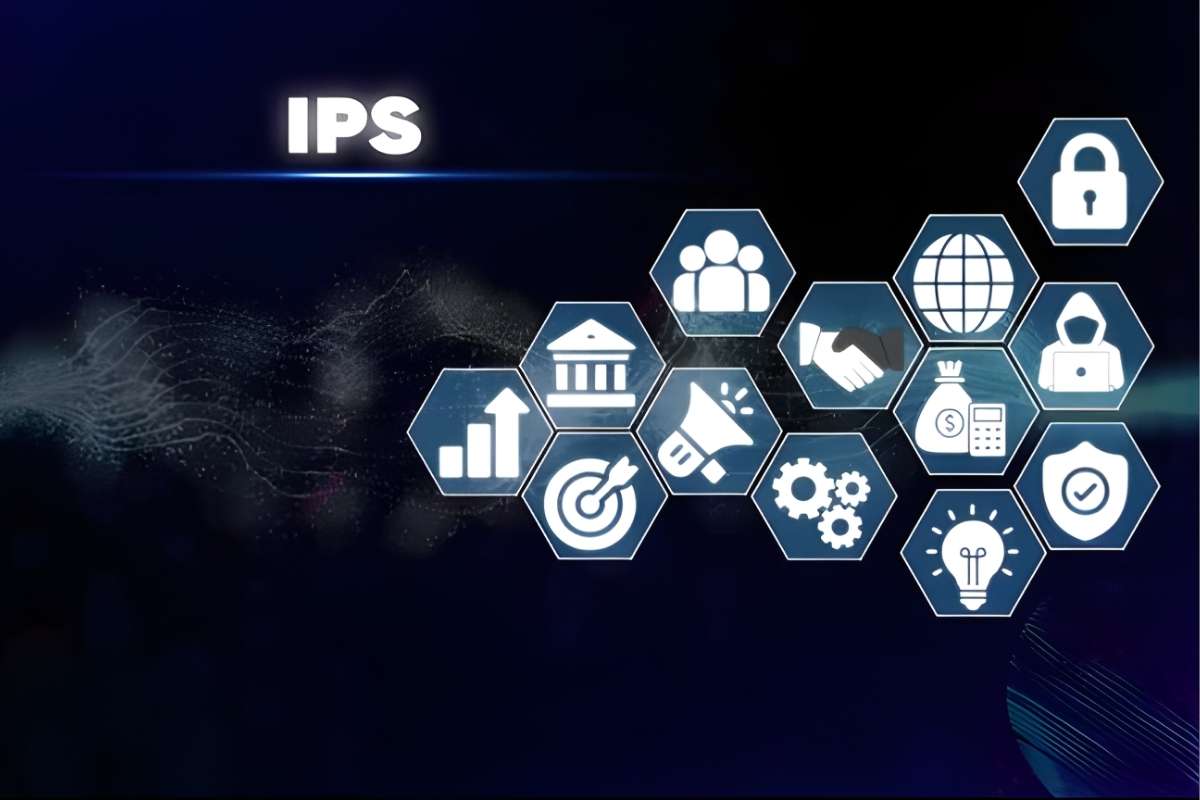(Source-LinkedIn)
Tech Giants Demand More Data for Advanced Features
The arrival era of A.I. devices, such as smartphones and personal computers, marks a significant shift in technology. Apple, Microsoft, and Google are at the forefront of this transformation, introducing new A.I.-powered features designed to make our lives easier. These innovations promise to automate various tasks, from photo editing to alerting users of potential scams during phone calls. However, these advancements come with a catch: the need for increased access to our personal data.
Traditionally, data on our devices has been compartmentalized, with each app functioning independently. A.I., on the other hand, requires a comprehensive overview of our activities to operate effectively. This integration means that our devices will continuously gather and process data from multiple sources. For instance, a Windows computer might take frequent screenshots of your activities, while an iPhone could aggregate data from various apps to offer seamless services.
As these companies push for deeper data integration, the question arises: how much are we willing to share? The shift towards more data-intensive operations raises significant privacy concerns. Cliff Steinhauer from the National Cybersecurity Alliance highlights the crucial question of trust: “Do I feel safe giving this information to this company?”
The Impact of A.I. on Privacy and Security
The push towards A.I.-enhanced devices has been largely influenced by the success of OpenAI’s ChatGPT, which revolutionized the tech industry two years ago. In response, tech giants have invested heavily in A.I., developing new products that rely on continuous data collection and processing. While these technologies promise to be indispensable, they also introduce new security risks.
One major concern is the offloading of data to the cloud for processing. When our devices lack the computational power to handle A.I. tasks locally, data is transmitted to external servers. This process exposes our personal information to potential risks, including unauthorized access by company employees, hackers, or government agencies. Although cloud storage is not new, the nature and volume of data being processed now include highly personal information like photos, messages, and emails.
Tech companies assure users that they have implemented stringent security measures to protect their data. For instance, Apple claims that most A.I. data processing will occur on the device itself, minimizing the need to send data to the cloud. When cloud processing is necessary, Apple uses encryption and other safeguards to protect the data and ensure it is promptly deleted after use. Similarly, Microsoft and Google emphasize their commitment to data security through encryption and limited employee access.
Despite these assurances, security experts remain cautious. Matthew Green, a security researcher from Johns Hopkins University, points out that any data leaving the device is inherently less secure. The transparency of data handling practices remains a critical issue, with experts advocating for clear communication about what data is being collected and how it is being used.
A Closer Look at era of A.I. devices Innovations from Apple, Microsoft, and Google
Apple’s recent announcement of Apple Intelligence marks its significant entry into the era of A.I. devices landscape. This suite of services will be integrated into the latest iPhones, iPads, and Macs, enabling users to perform tasks like removing unwanted objects from photos, summarizing web articles, and responding to messages with A.I. assistance. Apple aims to process most A.I. data locally on its devices, enhancing privacy. However, for tasks requiring cloud processing, Apple ensures data encryption and immediate deletion to protect user information.
Microsoft, on the other hand, is introducing era of A.I. devices capabilities to its laptops with the new Copilot+ PC, priced at $1,000. These devices feature advanced chips designed to enhance data privacy and security. One notable feature is Recall, which takes frequent screenshots of user activities to create a searchable database. While this feature offers convenience, it also poses privacy risks if the data were to be hacked. Microsoft has delayed the release of Recall to address these concerns.
Google’s era of A.I. devices advancements include a scam detector for phone calls and the Ask Photos feature. The scam detector operates locally on the device, ensuring privacy, while Ask Photos requires cloud processing. Google admits that its employees may review data to prevent abuse and improve services, raising concerns about data security. Security experts like Matthew Green highlight the opaque nature of Google’s A.I. privacy practices and stress the need for greater transparency.
In summary, as era of A.I. devices technology becomes more integrated into our daily lives, the balance between innovation and privacy remains a critical issue. Users must stay informed about how their data is being used and weigh the benefits of these new features against potential privacy risks.






